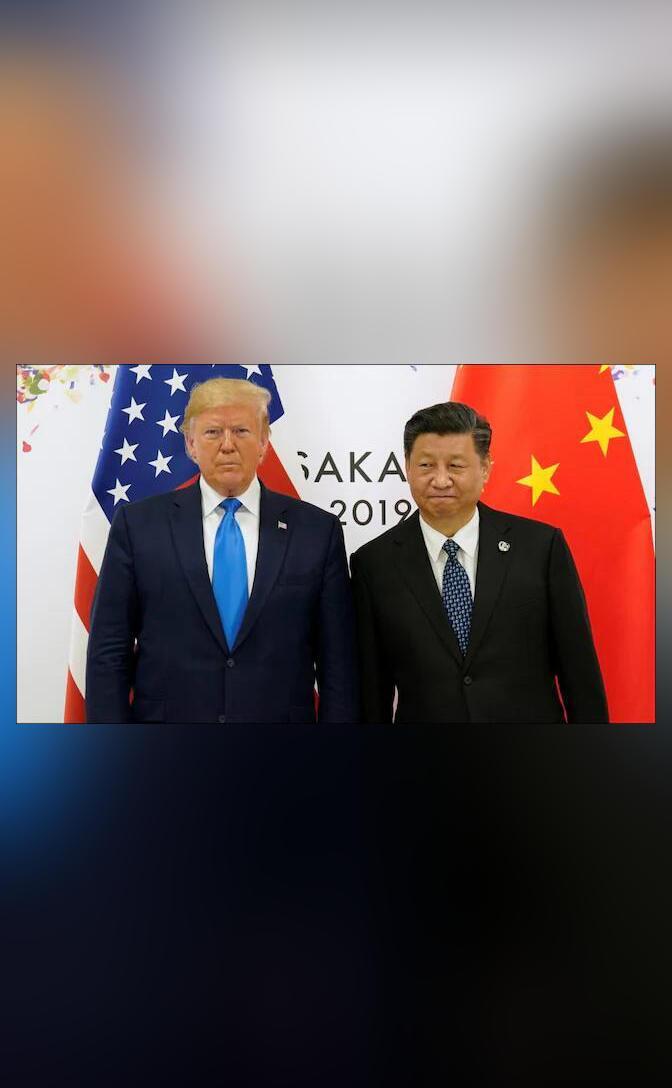
145% Tariffs on Chinese Imports Will Come Down: US Prez Trump
In a recent development, US President Donald Trump has announced that the current 145% tariffs imposed by the United States on Chinese imports will come down. This statement comes ahead of a crucial meeting between US Treasury Secretary Scott Bessent and chief trade negotiator Jamieson Greer with China’s economic tsar He Lifeng in Switzerland.
Trump’s statement has sent shockwaves through the global economy, with many wondering what led to this sudden change of heart. The US President has been known for his tough stance on trade, particularly with China, and his willingness to impose tariffs on Chinese goods. However, it seems that Trump is now willing to ease up on his stance, at least to some extent.
In his statement, Trump emphasized that he believes China has more to gain from the trade talks than the United States does. “I do think they’ve far more to gain than we do,” Trump said. This statement is significant, as it suggests that Trump is willing to make concessions to China in order to reach a deal.
So, what could be driving Trump’s decision to reduce the tariffs on Chinese imports? There are several possible factors at play here. Firstly, the US-China trade war has had a significant impact on the global economy, with many businesses and consumers feeling the pinch. By reducing the tariffs, Trump may be trying to ease some of the pressure and encourage more businesses to invest in the US.
Another factor could be the upcoming US presidential election. Trump is facing a tough re-election campaign, and his decision to reduce the tariffs may be an attempt to appeal to voters who are feeling the impact of the trade war. By appearing to be more conciliatory towards China, Trump may be trying to present himself as a leader who is willing to make tough decisions and work towards a solution that benefits all parties involved.
Finally, there may be some behind-the-scenes negotiations going on that are driving Trump’s decision. The meeting between US Treasury Secretary Scott Bessent and chief trade negotiator Jamieson Greer with China’s economic tsar He Lifeng in Switzerland is likely to be a crucial one, and it’s possible that some kind of deal has been struck that will allow the tariffs to come down.
What does this mean for the global economy? The reduction of tariffs on Chinese imports could have a significant impact on global trade. China is the world’s second-largest economy, and it is a major player in global trade. By reducing the tariffs, the US may be able to encourage more businesses to invest in China, which could have a positive impact on the global economy.
However, it’s also possible that the reduction of tariffs could have negative consequences. China has been accused of unfair trade practices, such as intellectual property theft and subsidies to its state-owned enterprises. If the US reduces the tariffs without addressing these issues, it could allow China to continue its unfair trade practices, which could have a negative impact on the global economy.
In conclusion, the decision to reduce the tariffs on Chinese imports is a significant one, and it’s likely to have a major impact on the global economy. While it’s possible that the reduction of tariffs could have positive consequences, such as encouraging more businesses to invest in China, it’s also possible that it could have negative consequences, such as allowing China to continue its unfair trade practices.
Only time will tell what the outcome of this decision will be, but one thing is certain – the world is watching with bated breath as the US and China continue their trade talks.






